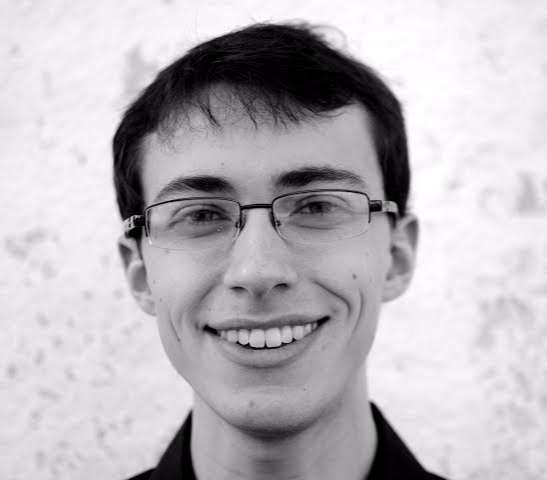The Chicago Symphony Orchestra was joined by a multifaceted talent this week. Pinchas Zukerman performed triple duty as conductor, violist and violinist in a program comprising a treasure trove of Baroque concerti, and bookended by a couple of Mozart masterpieces. The first Mozart selection was his Magic Flute Overture. The gravitas of the first chords was contrasted nicely in the following, upbeat section with spritely playing in the string sections. Mozart’s sparse textures require a delicate and pristine approach, qualities that the CSO was able to demonstrate well. Zukerman seemed to have a warm rapport with the orchestra, and they rewarded him (and the audience) by following his direction with special intent and commitment. It was a particularly dynamic opening.
The lights then dimmed and gave a soft focus to the core members of the CSO who remained for the Baroque portion of the program. Zukerman re-entered, viola in hand, for Telemann’s G major concerto. It’s rare to hear a viola concerto at the symphony, and even rarer to hear Telemann’s. Zukerman is notorious for dismissing historically informed performance practice, and his stance on the matter was confirmed by his playing. A full, sustained tone and generous vibrato created a lush tone that was quite beautiful to behold. However, in the slow movements in particular, it might have helped vary his sound to experiment with the types of exciting effects top-notch Baroque soloists can create. In truth, this is probably unlikely to happen, and one should perhaps just accept and enjoy his playing for what it is. His treatment of the faster movements was exciting in their energy and uplift.
Next was Tartini’s Pastorale, orchestrated by Respighi. This piece, like so many on the CSO’s 125th anniversary retrospective series, is a bit of a vintage oddity. Respighi was popular in Chicago at the time of the 1927 première, but the work has not been performed here since. Zukerman (on violin now) gave a convincing performance of this songful work, and especially nice was his treatment of the echo effects that occurred throughout. It was a characterful performance of a piece not likely to be heard again in Orchestra Hall for some time.
The Baroque portion of the program concluded with a quintessential concerto (for both violin and the era in which it was written), the Bach Double. Stephanie Jeong, the CSO’s associate concertmaster, joined Zukerman and performed the first violin part. The two had a genial rapport and good ensemble. Jeong’s tone, while beautiful in its own right, did not quite match the depth and richness of Zukerman’s. The two blended nicely together, but in the passages where the violins play one after another, Jeong’s rendition paled a bit after Zukerman’s sonorous offering. Despite this slight imbalance, it was a high energy performance, egged on by Zukerman’s leadership.
A return to Mozart concluded the program, with the composer’s vivacious Symphony no. 39 in E flat major. Zukerman and the CSO had already proved themselves up to the unique challenges Mozart presents in their successful performance during the overture. It was a treat to hear the collaboration continue in extended form. An ebullient first movement was highlighted by Zukerman’s decision to manipulate musical time in the recapitulation, for subtle, yet striking effect. Following gorgeous, vocal playing from the CSO in the second movement came a winsome Minuet and Trio. Here principal clarinetist Stephen Williamson stole the spotlight in the trio with a commendable range of style and dynamics. A rustic and swift finale rounded out the symphony in exhilarating fashion. Timpanist David Herbert punctuated the melodic highlights, and the CSO strings handled the famously nasty writing with apparent ease. Zukerman looked like he was having a grand time from the podium, even after what was surely a full-on evening for him. Mozart is a composer whose music swirls with life and energy, so to have those qualities reflected in the performers themselves was a pleasure to behold.


